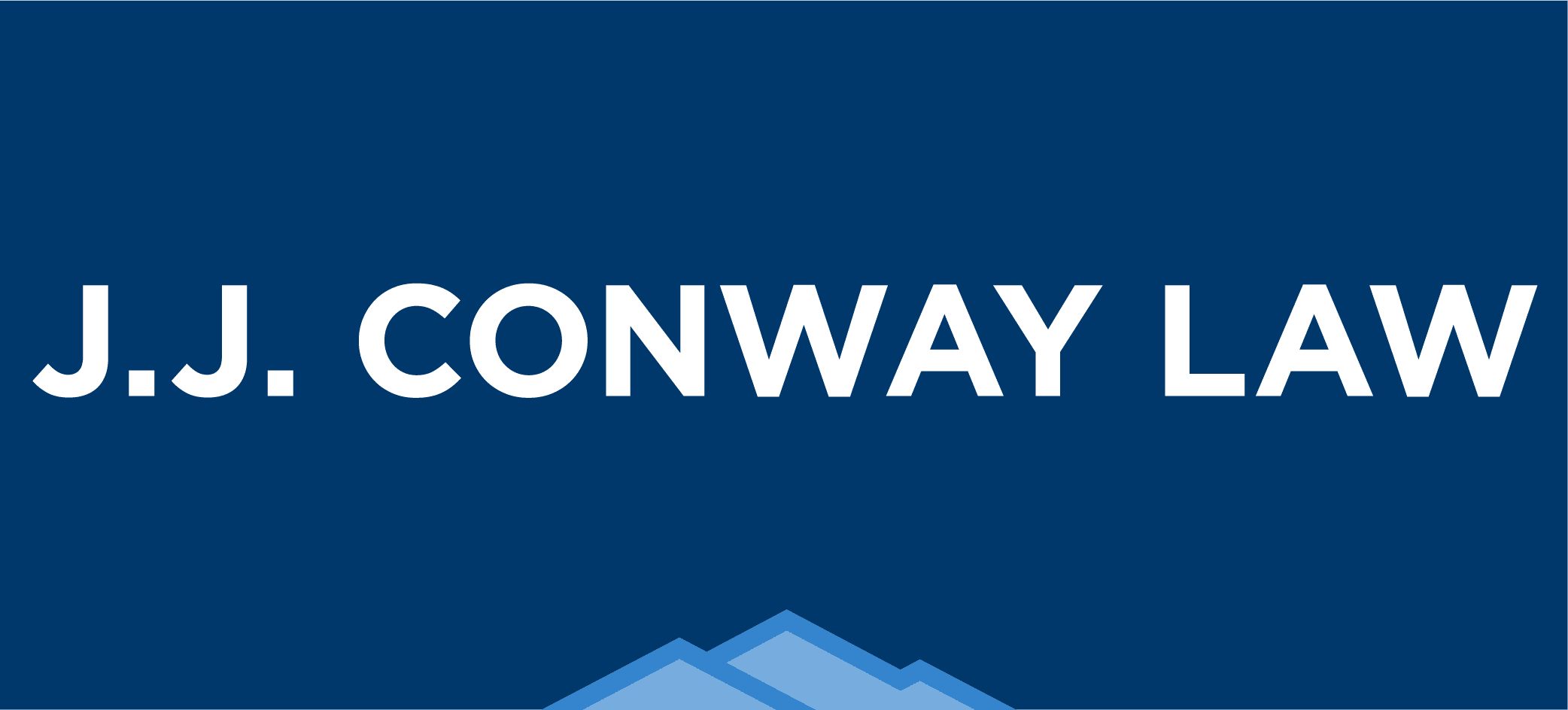MICHIGAN COURT OF APPEALS: THE STATUTE OF LIMITATIONS IS RUNNING BEFORE THE HARM CATCHES UP.

The Michigan Court of Appeals has held that, for the purposes of a claim under the Court of Claims Act, the statute of limitations may begin to run prior to any actual deprivation of financial benefit.
In Bauserman v. Unemployment Insurance Agency, No. 333181 (Mich. Ct. App. Jul. 18, 2017), the Michigan Unemployment Insurance Agency (defendant) appealed a trial court’s decision denying the defendant’s motion for summary disposition. The Court of Appeals held that a violation of the Court of Claims Act did exist, reversing the trial court’s decision.
The dispute centered on the defendant’s use of an automated decision-making system to both “detect and adjudicate suspected instances of employment benefit fraud.” Id. at 1. Once the system ‘detected’ an instance of benefit fraud, it would issue a notice and questionnaire in regards, either to the employee’s home address or an online unemployment portal which was rarely, if ever, accessed by employees. Following the notice, defendant would routinely “intercept” tax refunds, garnish wages and initiate collection activity through a court of law. Id. at 2.
Plaintiffs alleged that the Unemployment Insurance Agency’s use of “an automated decision-making system for the detection and determination of fraud cases, whereby the computer code in the automated decision-making process contains the rules that are used to determine a claimant’s guilt, and those rules change the substantive standard for guilt or are otherwise inconsistent with the requirements of due process.” Id. at 8.
The Court of Claims Act, MCL 600.6431(1), provides, in relevant part, that “[n]o claim may be maintained against the state unless the claimant, within 1 year after such claim has accrued, files in the office of the clerk of the court of claims either a written claim or a written notice of intention to file a claim against the state or any of its departments….” In actions for property damage or personal injuries, the claimant only has “6 months following the happening of the event giving rise to the cause of action” to file a written claim. MCL 600.6431(3).
The court identified the determinative question as “what event gave rise to [the plaintiffs’] cause of action.” Bauserman at 5. The triggering event was either when the defendant issued notices informing the plaintiffs they were disqualified from receiving unemployment benefits or when the defendant actually seized the plaintiffs’ property. Id.
In McCahan v. Brennan, the court held that MCL 600.6431 is to be “understood as a cohesive whole. Subsection (1) sets forth the general rule, for which subsection (2) sets forth additional requirements and which subsection (3) modifies for particular classes of cases that would otherwise fall under the provisions of subsection (1).” 492 Mich. 730, 742 (2012). Thus, while subsection (1) of MCL 600.6431 may provide a longer time frame to file a notice with the Court of Claims, subsection (3) shortens the time period for applicable claims to six months after the plaintiff’s cause of action accrues, or “when the wrong on which they base their claims was done.” Bauserman at 7.
The Bauserman plaintiffs alleged a violation of the Michigan Constitution, Article 1, § 17, which provides that “[n]o person shall be… deprived of life, liberty or property, without due process of law….” Specifically, the plaintiffs alleged that the defendant failed to “follow the minimum due process standards required under federal law with respect to the collection of unemployment debts, including overpayment and penalties.” Id. at 8.
The court held that while the plaintiffs claimed “the wrong on which their claims are based took place when defendant intercepted federal and state tax refunds, garnished their wages and forced repayment of unemployment benefits[,]” the alleged wrong actually took place “when defendant issued notices informing plaintiffs of its determination that plaintiffs had engaged in fraudulent conduct, and they were not given the requisite notice and opportunity to be heard.” Id. at 9. Therefore, the “economic deprivation” encountered by the plaintiffs was a secondary result of the original deprivation of due process, and not the proper point to adjudge the applicable statute of limitations. Id. Therefore, it was the notification of the deprivation of unemployment benefits, not the actual seizure of said benefits, which constituted the statutory point of claim accrual.
The Bauserman court cited Frank v. Linkner, a 2017 Sixth Circuit decision, which held in part that a plaintiff’s claims could accrue prior to a plaintiff incurring “calculable financial injury….” 894 NW2d 574 (2017) (Docket No. 151888), slip op at 14.
Following this decision, it is clear that a plaintiff’s pre-suit inquiry into the possible statute of limitations for claims arising against the State of Michigan must not be limited simply to the date the actual harm accrued, but should also account for any conduct preceding the harm which may have actually triggered the statutory cause of action.

